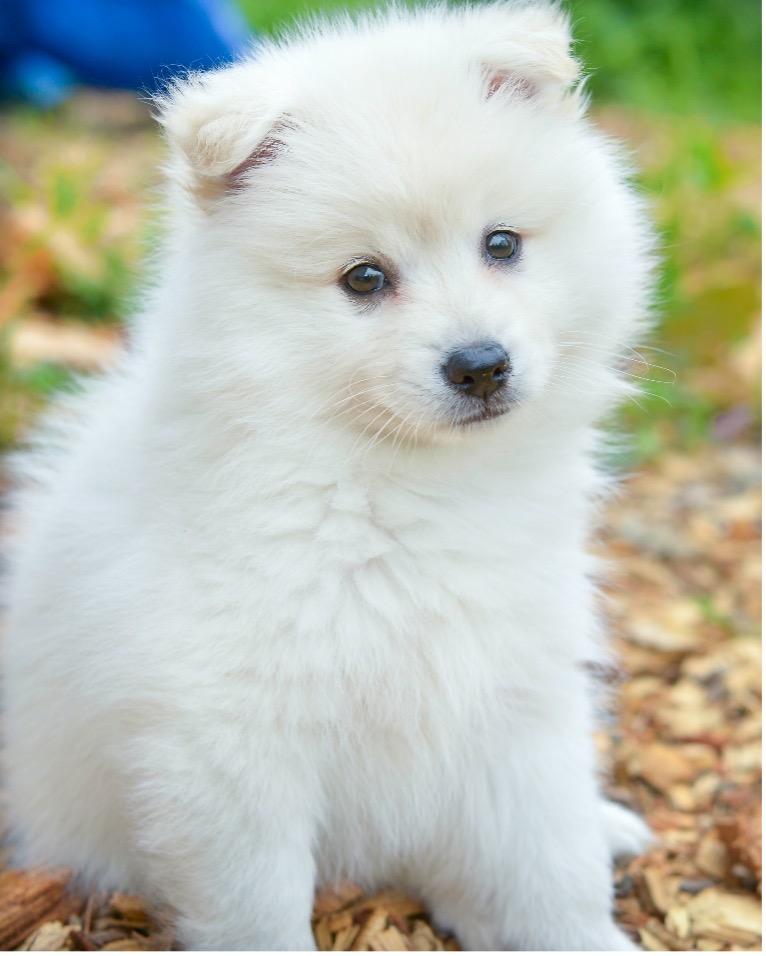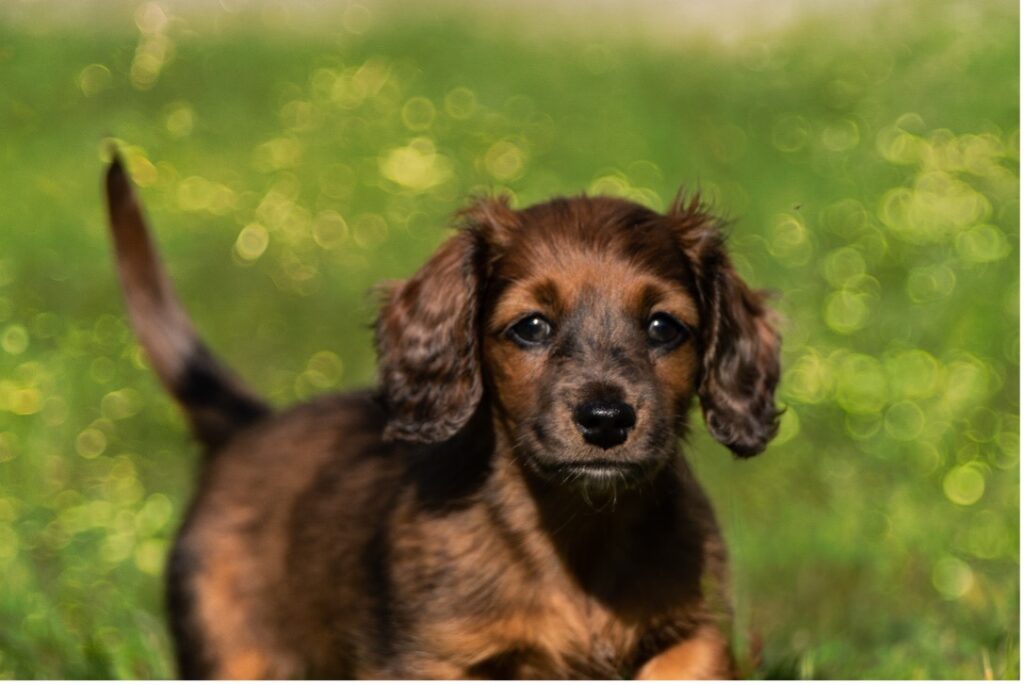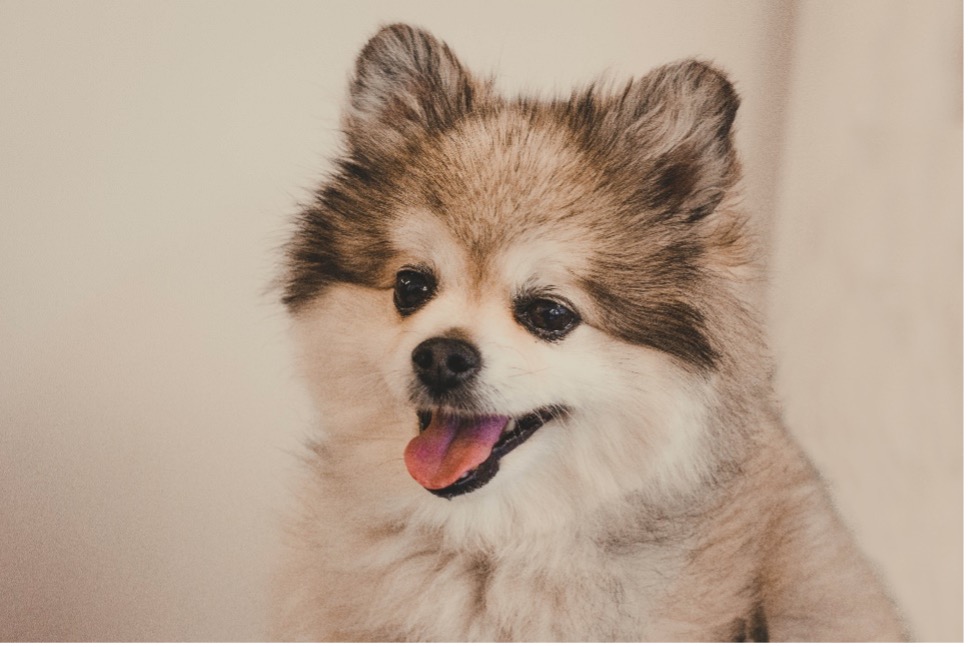Welcoming a new puppy in the house is one of the enjoyable moments for every pet owner. These little beings serve us with lots of affection that is incomparable.
Additionally, understanding your new puppy behaviors is one crucial factor that you should never assume.
Meanwhile, pet owners who cannot interpret their puppies’ behaviors are more likely to donate their pups or even take them to rescue organizations as they can’t handle them. Don’t be among the count!
So, as a new puppy owner, which behaviors should you look out for in a puppy? Stay tuned to learn more.

1. Potty Issues
For every experienced dog owner, he/she can tell that you will utmost come across a few accidents in your house once in a while. But they should be infrequent.
To curb such problems, you need to house train your new pup. Animal behaviorists advise that a puppy should start potty training between the ages of 12-16 weeks.
It’s at this age that these pups can hold their bladders for long.
To potty train, your puppy, ensure you have a schedule and stick to it. Take your pup out for potty every morning after waking up, after playing, after eating, and before sleep.
Don’t change or alter the schedule.
Show the puppy a designated place where it can leave its potty outside. Additionally, always remember to reward your pup anytime you find it outside having a potty. It’s called positive reinforcement. With that, the puppy will know any time it does its business outside- a reward must come.
What if my puppy has a potty in an undesignated place?
Well, don’t throw tantrums when you get your puppy relieving itself in the wrong place. Instead, lift it hurriedly and take it outside.
Also, don’t kick or throw items at your puppy.
2. Chewing
It’s common for puppies to chew. And often they do it to explore their environment.
And sometimes it’s a normal puppy’s behavior. However, if the chewing seems not to stop or reduce, you need to stop it before it gets out of hand.
First, check why your pup is chewing. Is it boredom, or is it the teething process? Often you will find puppies with pent-up energy chewing a lot, and such puppies need exercise.
Likewise, a puppy can chew to relieve the itchiness that comes with the teething process.
And with such, you can get safe chew toys that will help calm their sore gums.
3. Biting
A puppy will often bite when playing or exerting dominance. However this biting behavior can go overboard.
Learn how to curb this puppy biting habit while the puppy is still new.
Here are the measures you can take to control such a behavior.
Never give a puppy who is biting attention- giving this puppy attention will propagate the behavior. Walk away or show disinterest. With that, the puppy will know nipping or biting you means the end of playing.
Give out a high-pitched yelp. Have you ever seen how a puppy yelps whenever it gets nipped by another puppy? You can also maximize on such a reaction by letting out a loud yelp that will startle the puppy. The puppy will understand that a painful bite will bring out a loud yelp that is frightening.
Desist from aggressive playing- such playing propagates biting.
4. Barking
One thing you are sure of after getting a new puppy is that it will bark. A little barking is allowed, but it should not be a nuisance.
If you live in an apartment with neighbors that hate noise, you risk being thrown out.
Before acting, check out why your puppy is barking. If there is a knock at the door and the pup barks, it’s a way to show that your puppy is brave and conscious of its surroundings.
If it’s a visitor, let the puppy know the visitor means no harm.
However, don’t tolerate hysterical barking. Remember, don’t shout or yell at your barking dog- it may fuel this frenzy barking.
Instead, try to calm the dog and reward it anytime it keeps silent. The puppy will understand silence brings on goodies.

5. Digging
Digging is engraved in all dog genes. It’s often an instinct. Pups will dig either to create a sleeping area or even hide a bone.
I know many times you have even seen your puppy dig out its beddings. It’s a way of finding a good place to sleep as their distant cousins do in the wild.
However, a puppy can dig a place in your yard out of boredom or anxiety. A new puppy with such habit needs collection.
And such pups have lots of energy that they need to dispense. You can expel such energy from your dog by ensuring it has exercised an average of 30-60 minutes a day.
For some puppies who are serial diggers like the Jack Russell terriers, you can seclude a place in your yard where they can practice or hone their skills. It’s better off than finding your kitchen garden with multiple holes all over.
6. Eating Poop
Don’t let the puppy grow with such behavior. Often puppies will eat poop out of curiosity. Also, pups will eat poop in case of nutritional deficiency.
Puppies with nutritional deficiencies need a proper structuring of their diet. Above all, consult your vet when such a new puppy’s behavior seems to go out of hand.
Frequently Asked Questions
How Can I Tell My Puppy Has Behavior Problems?
Here is how you can know your new puppy habits needs a keen look.
- Playing roughly
- Excessive barking
- Separation anxiety
- Excessive biting
- Frequent potty issues even after training
When Should Puppies Leave Their Mother?
Puppies should leave their mothers between the ages of 8-12 weeks. Puppies at this age are independent and can do most of the things on their own.
How Long Does It Take For A New Puppy To Settle In A New Home?
Wondering how long your new puppy from a breeder will take to settle in your home? You are not alone- it’s a concern for most pet owners.
Depending on the circumstances, a new puppy can take 3 weeks to adjust to a new home. Alternatively, some can even take 8 weeks.

Final Thoughts
In conclusion, after you bring your puppy home, ensure you give it much love and attention. Remember to weed out any puppy habit that seems not okay to you.
Also, get a puppy from a breeder who knows his trades well. Remember to get a puppy from a breeder who will give you a puppy as per your match.
Tell us your thoughts in the comment box, is there any new puppy behavior you think we’ve missed?
Leave a Reply